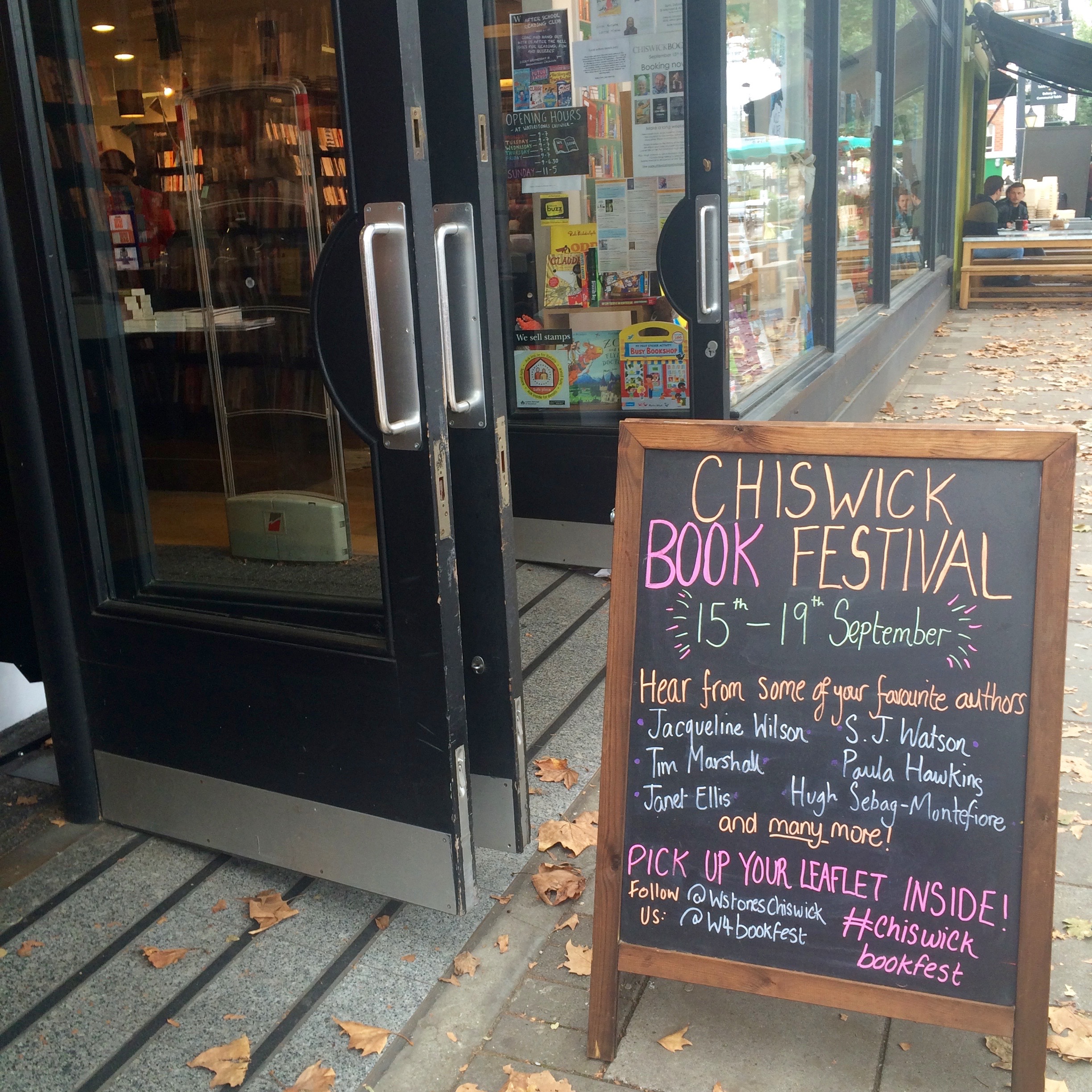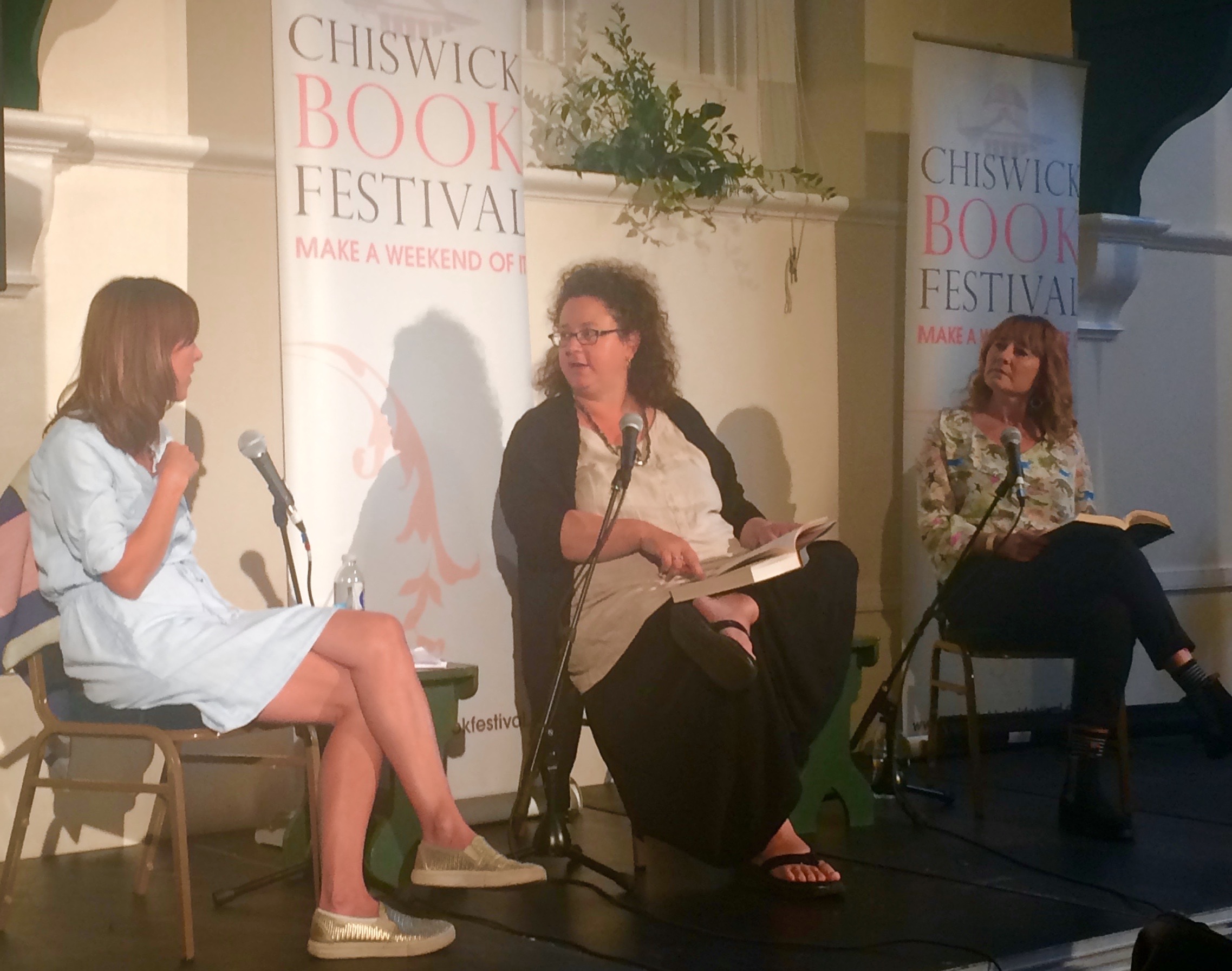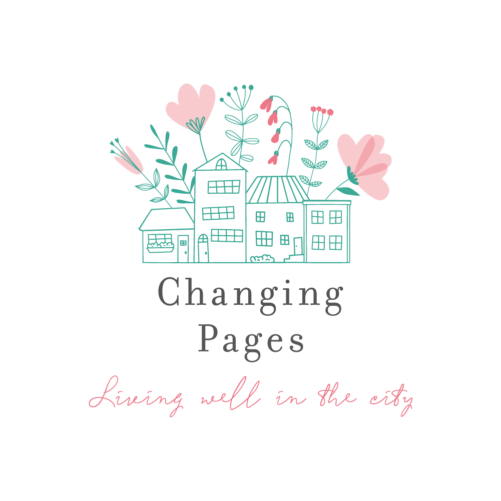 A couple of weekends ago I hopped on a bus to make the very short journey from my home in W5 to Chiswick book festival in W4. It really took very little time or effort on my part. This made the treat which is Chiswick book festival even better, and me a just a little bit smugger as I took my seat in some of the lovely venues which host the array of authors that come from near and far to talk books with the good people of west London.
A couple of weekends ago I hopped on a bus to make the very short journey from my home in W5 to Chiswick book festival in W4. It really took very little time or effort on my part. This made the treat which is Chiswick book festival even better, and me a just a little bit smugger as I took my seat in some of the lovely venues which host the array of authors that come from near and far to talk books with the good people of west London.
Jill Dawson is an author I always feel is under recognised. She is hugely talented and I am a big fan of her novels, having first encountered her at another book event some years ago. So when I saw her name on the programme for this years Chiswick Book Fest I couldn’t wait to go.
Jill Dawson’s latest novel ‘The Crime Writer’ weaves the biography of the crime writer Patricia Highsmith with a tale of mystery and madness. Along side Jill was Sophie Hannah who was commissioned by the Agatha Christie estate to write a Hercule Poirot novel in Agatha Christie’s name. Such was it’s success, she since written a second entitled ‘Closed Casket’. In a well chaired event, Jill and Sophie debated whether Highsmith or Christie should be crowned the Queen of Crime.
Although I have read a number of Agatha Christie novels over the years, prior to this I was unfamiliar with Patricia Highsmith novels. Nevertheless, I was fascinated to listen to both authors discuss the various merits of both women. In fact I took copious notes throughout the talk. It doesn’t take a detective to spot the blogger at a book event . S/he will be the one scribbling furiously in a note book whilst trying to look inconspicuous #deadgiveaway.
Although Highsmith and Christie are both slotted into the ‘crime genre’ of fiction, Jill and Sophie were keen to point out the differences. Christie is much more about the mystery. Her books are puzzles, where clues are gradually revealed until they make a whole. High smith is all about the psychological suspense. In fact Highsmith didn’t want to be known as a crime writer; she wanted to be taken seriously for the moral questions she posed in her books, even if she wasn’t interested in solving them. She was keen to show that right does not necessarily prevail and in fact justice is often not done. Reading through my notes now I can see that I have written in quotes that Highsmith was “a novelist with palpable evil on the page”. I’m not sure who said that, it may have been Jill but it certainly paints a picture of an author with a dark mind, and is perhaps what you would expect from a writer who was said to have had murderous thoughts from the age of 8.
Sophie, although also a fan of Highsmith was clear that for her no one could match the skill of Christie, and her unique insight into the human condition. The character played by David Suchet is the image that most of us probably have when we think of Hercule Poirot; the Belgian detective who cleverly manages to straddle the line between character and caricature. All of Christie’s novels are structured, they follow a neat and familiar pattern. Encountering a Christie novel is encountering the beginning of a shape you know will be tidy and complete by the end. Poirot is no exception. Unlike characters in Highsmith novels he manages to show not just the brutality of life, but the need to enjoy life because of it’s brutality.
I’m not sure if a conclusion was reached, other than, and I quote from Jill Dawson here “writers write the books they love to read”. Jill and Sophie are both clearly fans of the respective authors of whom they write about and for and are probably now inextricably linked.
The conclusion I reached was that I must read some Agatha Christie again soon and I can’ t wait to read Jill’s book ‘The Crime Writer’.
Images Changing Pages
